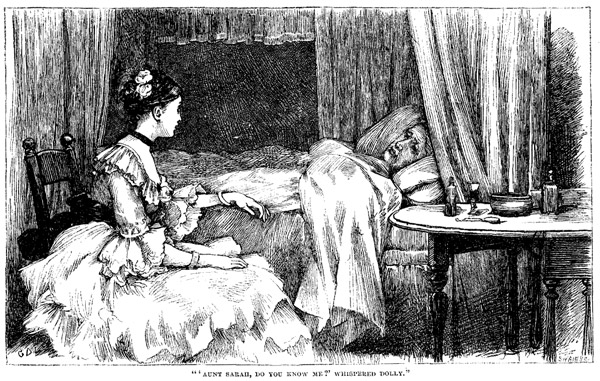
Faint or highly strategic praise is a sign that the blurber was less than enthralled by the work. Perhaps in such cases the blurber ought to refuse to endorse the book at all, but this is hard to do if the author knows you’ve already read the manuscript. It would invariably lead to awkwardness and hurt feelings when the whole point of agreeing to do the blurb in the first place was to avoid both. “A sweet tale of first impressions, second chances” — to take one example from a blurb for a book that shall remain unnamed — is a quintessential example of noncommittal blurbology. (“Sweet” is, in my experience, not a word anyone uses to describe a novel they genuinely like.) —“Beware of Blurbs,” Laura Miller, Salon
You will have your personal theater and you will like it!
speak, Mel Gibson;
weep, pretty boys;
a prize pig, a poke, the pious putzes of Portland
That progressive scientific ethic in mapmaking found its loftiest expression in 1891, when a German geographer by the name of Albrecht Penck proposed to the world’s cartographers that they create a single “International Map of the World,” composed of 2,500 highly standardized individual maps, each representing four degrees of latitude and six degrees of longitude, at a scale of 1 to 1 million. With great international fanfare, the project sailed off the ground in 1913, sputtered through World War I, and then suffered a blow from which it never really recovered when the program’s central office, in Britain, was wrecked in a bombing raid during World War II. The very powers that had conceived of the grand project were now engaged in another enterprise: destroying each other. —“The Agnostic Cartographer,” John Gravois, Washington Monthly
Fatty whippets mafiosi;
Pavlovian elimination-cooing;
misery loves inquiry: Mom, Dad, you are only as happy as your publisher will pay you to be
Unfortunately, I am precisely the sort of cynic Shirky’s new book scorns – a techno-luddite bewildered by the exhibitionism of online social networking (why does anyone feel the need to tweet that they’ve just had a bath, and might get a kebab later?), troubled by its juvenile vacuity (who joins a Facebook group dedicated to liking toast?), and baffled by the amount of time devoted to posting photos of cats that look amusingly like Hitler. I do, however, recognise that what I like to think of as my opinions are really emotional prejudices. But equally, Shirky’s prediction for Murdoch’s paywall sounds suspiciously like an emotional objection, rather than a financial calculation. How, then, can he be certain his entire analysis of the internet isn’t just as subjective as my kneejerk cynicism? —“Clay Shirky: ‘Paywall will underperform – the numbers don’t add up,'” Decca Aitkenhead, The Guardian
The Beach Boys, “Don’t Go Near the Water”


